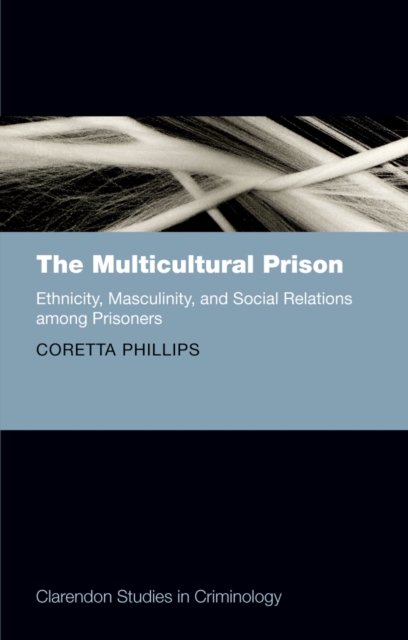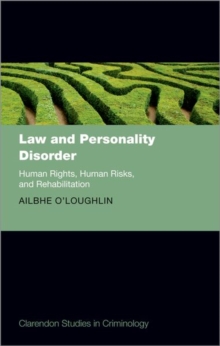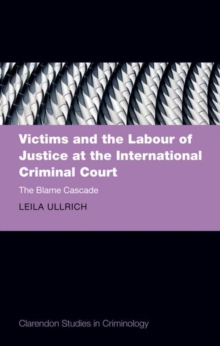
The Multicultural Prison : Ethnicity, Masculinity, and Social Relations among Prisoners PDF
by Coretta Phillips
Part of the Clarendon Studies in Criminology series
Description
The Multicultural Prison: Ethnicity, Masculinity, and Social Relations among Prisoners presents a unique sociological analysis of the daily negotiation of ethnic difference within the closed world of the male prison. At a time when issues of race, multiculture, and racialization inside the prison have been somewhat neglected, this book considers how multiple identities configure social interactions among prisoners in late modern prisoner society, whilst also recognising the significance of religion, age, masculinity, national, and local identifications.
Contemporary political policies, which sees racialised incarceration together with penal expansion, has fostered the disproportionate incarceration ofdiverse British national, foreign, and migrant populations - all of whom are brought into close proximity within the confines of the prison. Using rich empirical material drawn from extensive qualitative research in Rochester Young Offenders' Institution and Maidstone prison, the author presents vivid prisoner accounts from both white and minority ethnic participants, describing economically and socially marginalised lives outside.
In turn, these stories provide a backdrop to the inside - the interior world of the prison where ethnicity still shapes social relations but in a contingent fashion.
Addressing both the negotiation andtensions inherent in conducting such research, the central discussion evolves from a frank dialogue about ethnic, faith, and masculine identities, constituted through loose solidarities based on 'postcode identities', to a more startling comprehension of such divisions as, in some cases, a means forcultural hybridity in prison cultures.
More commonly, though, these divisions act as a familiar fault line, creating wary, unstable, and antagonistic relations among prisoners. Providing an arresting insight into how race is written into prison social relations, The Multicultural Prison adds a unique and outstanding voice to the challenging issues of discrimination, inequality, entitlement, and preferential treatment from the perspective of diverse groups of prisoners.
Information
-
Download - Immediately Available
- Format:PDF
- Publisher:OUP Oxford
- Publication Date:08/11/2012
- Category:
- ISBN:9780191654428
Other Formats
- EPUB from £47.25
Information
-
Download - Immediately Available
- Format:PDF
- Publisher:OUP Oxford
- Publication Date:08/11/2012
- Category:
- ISBN:9780191654428










